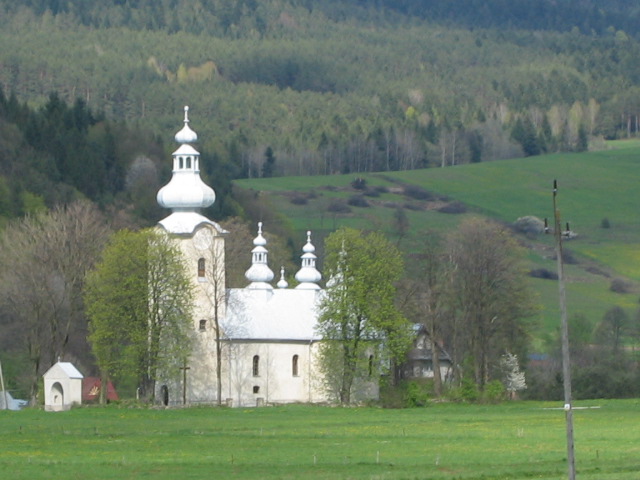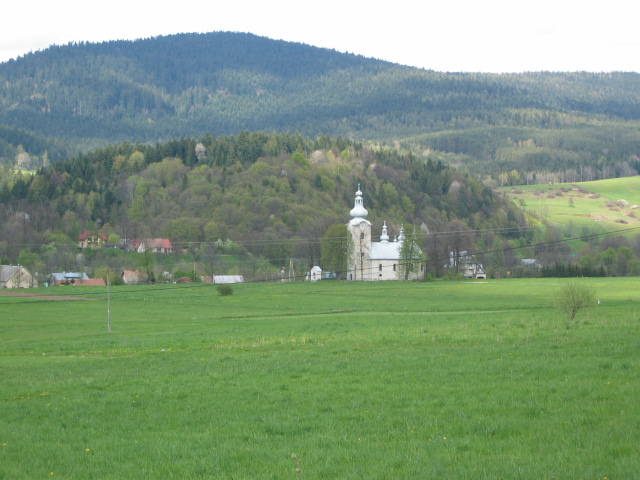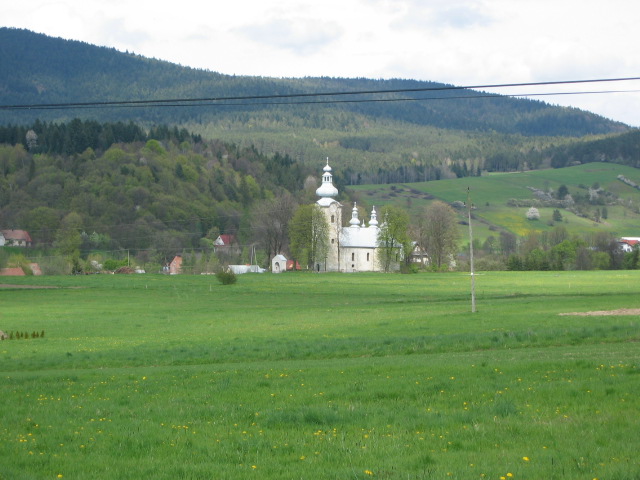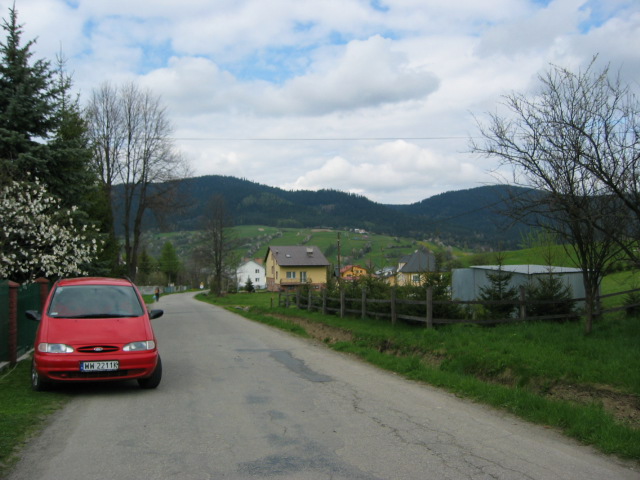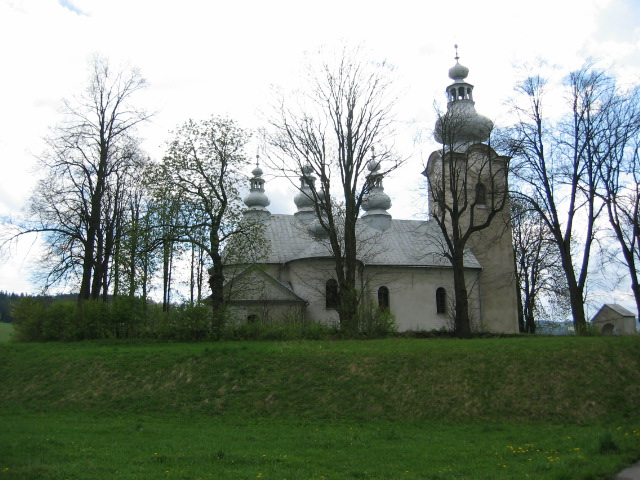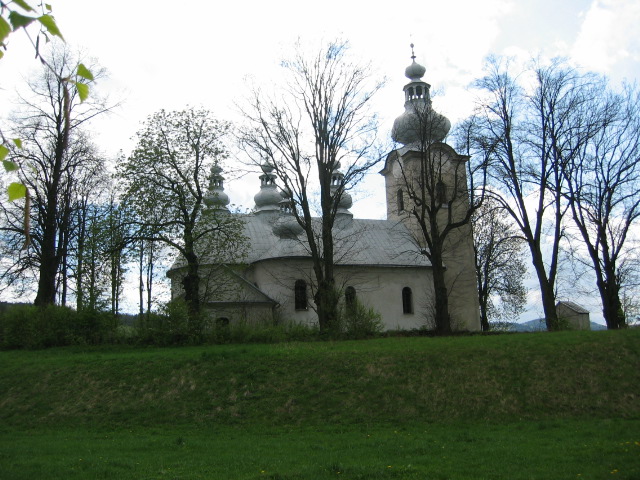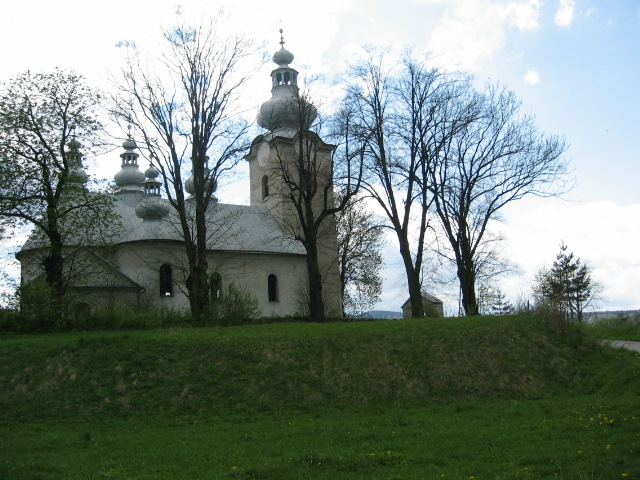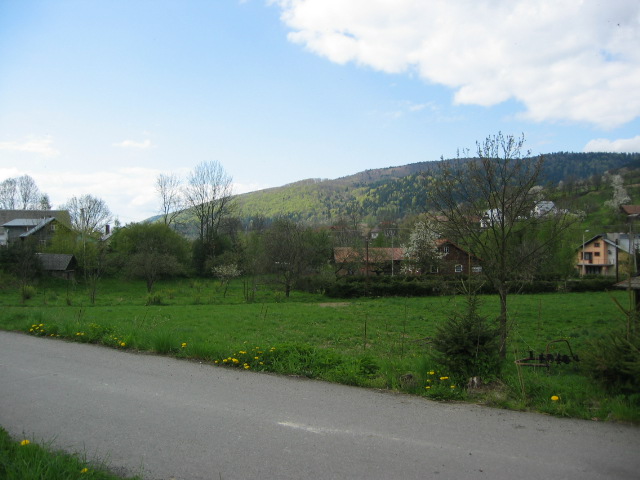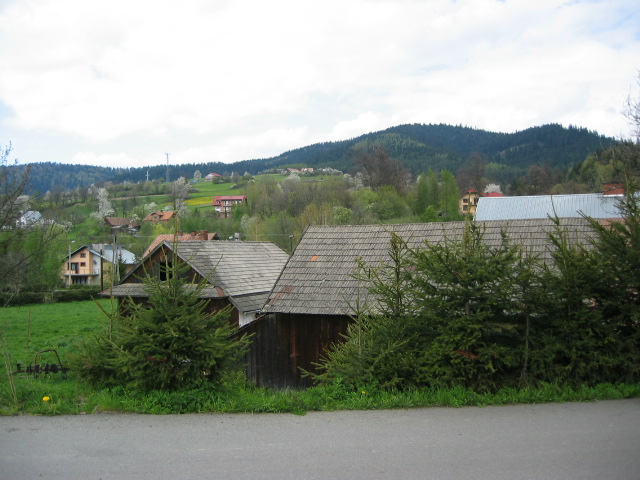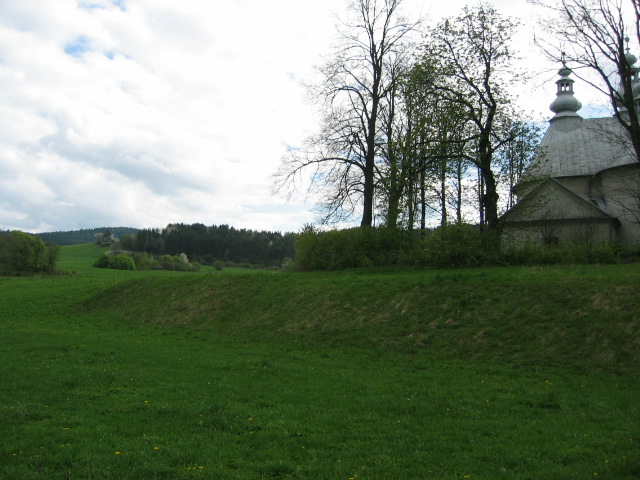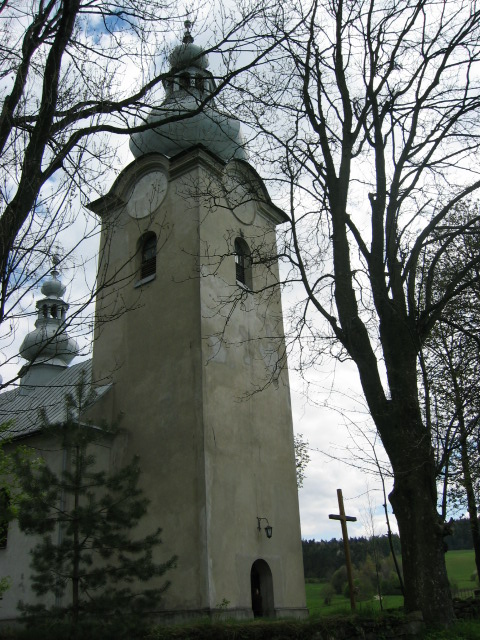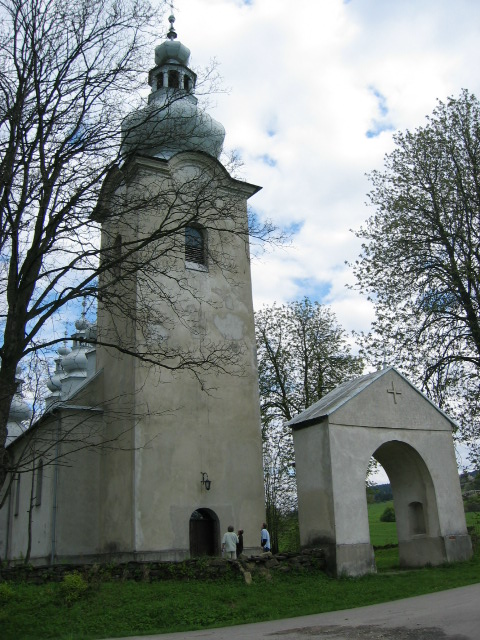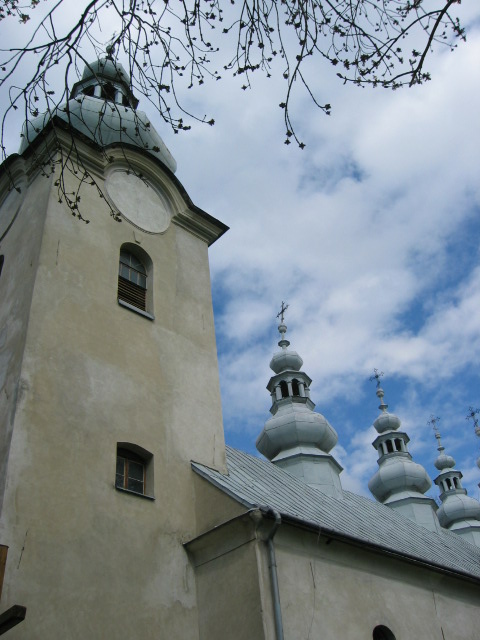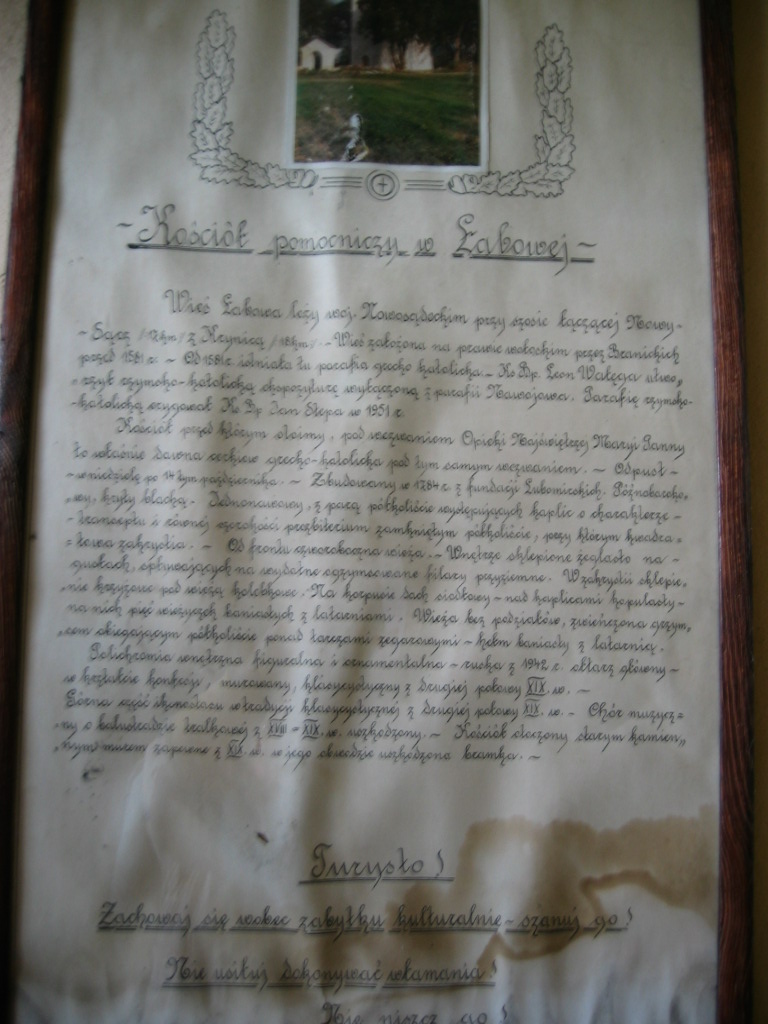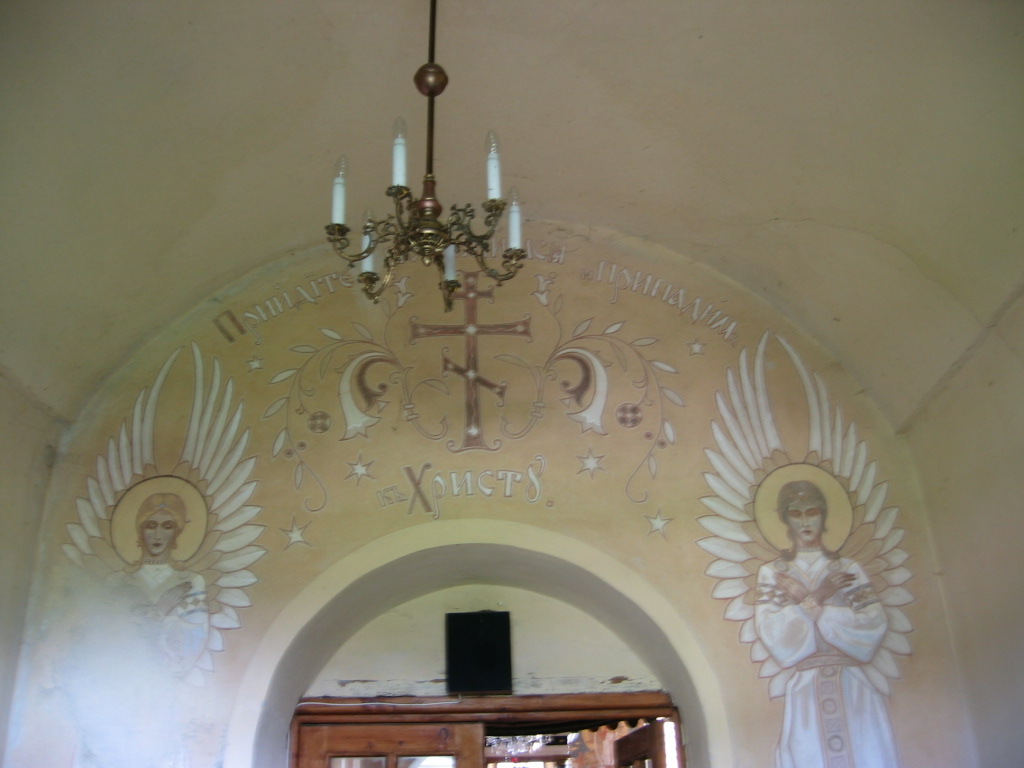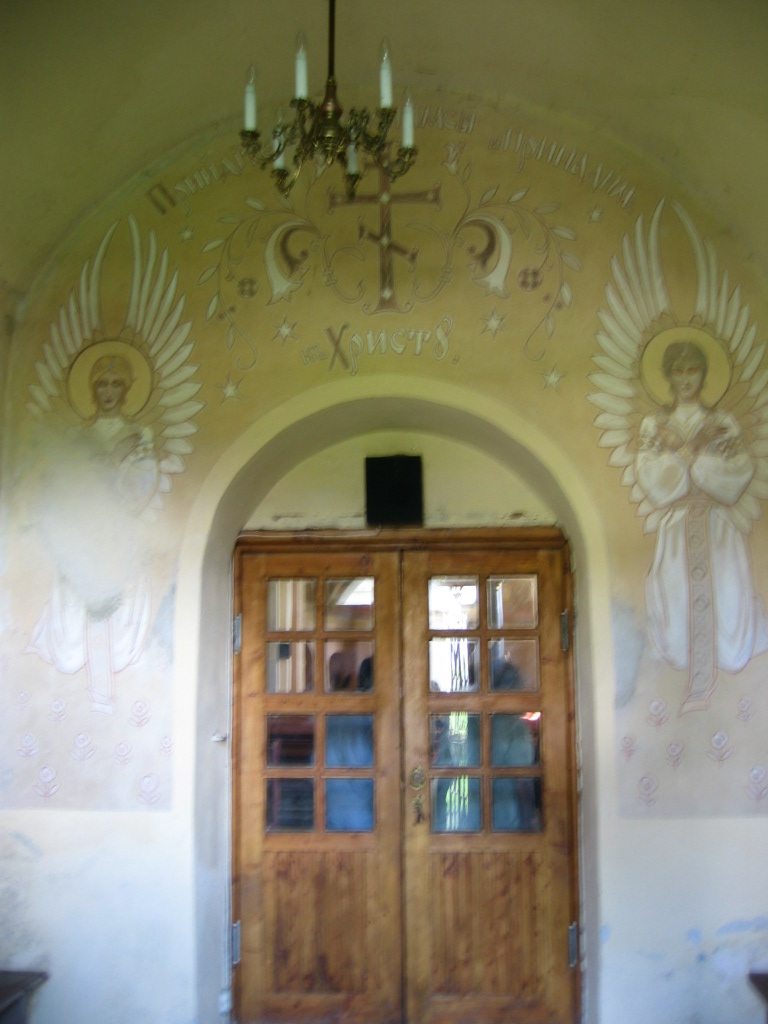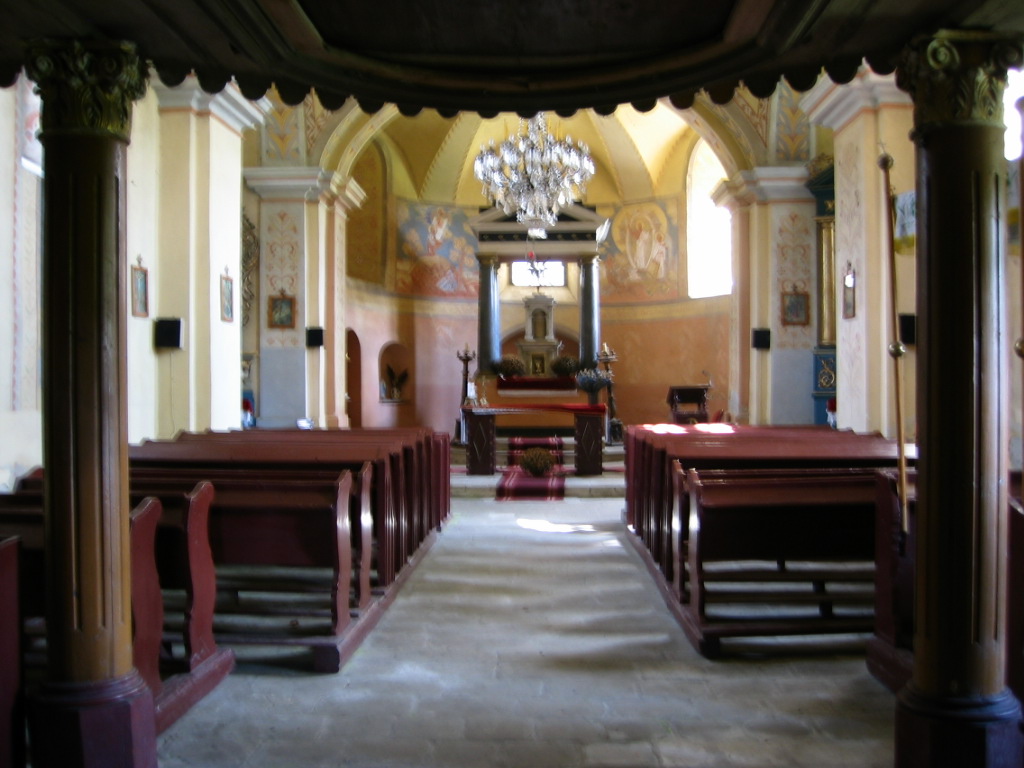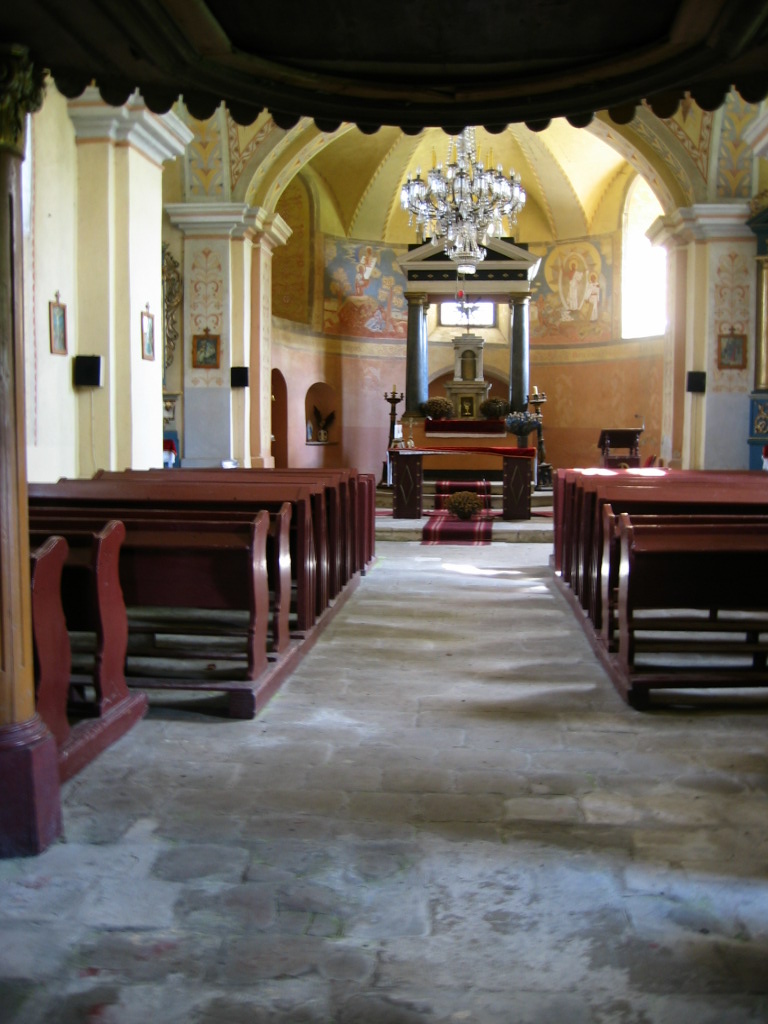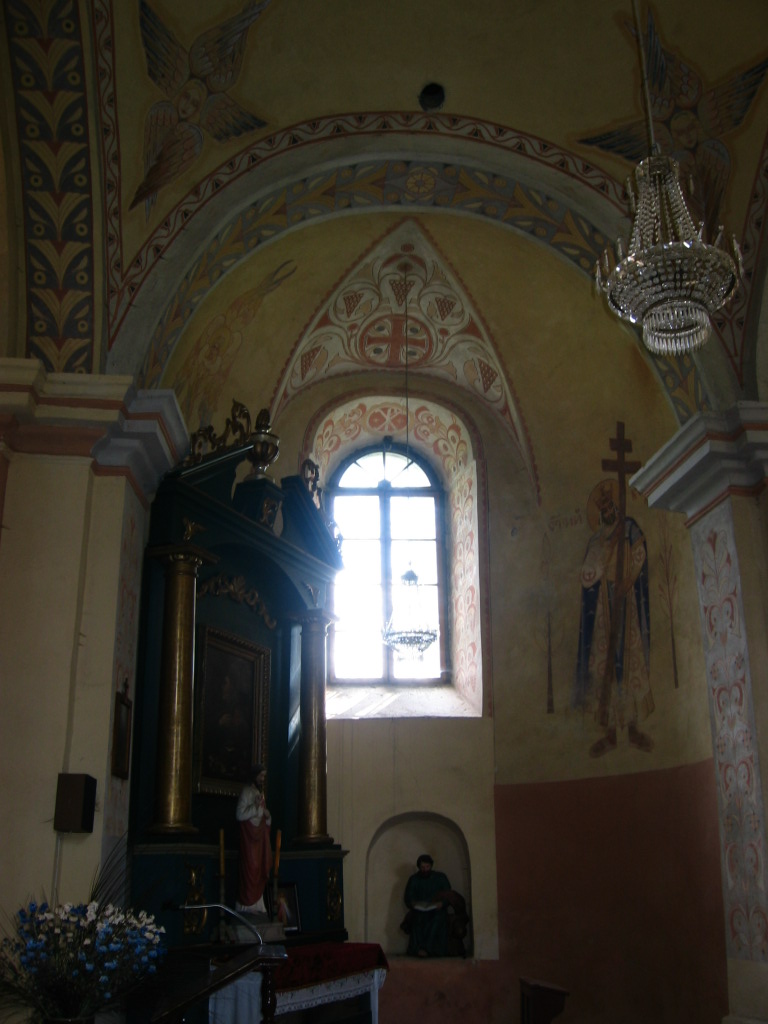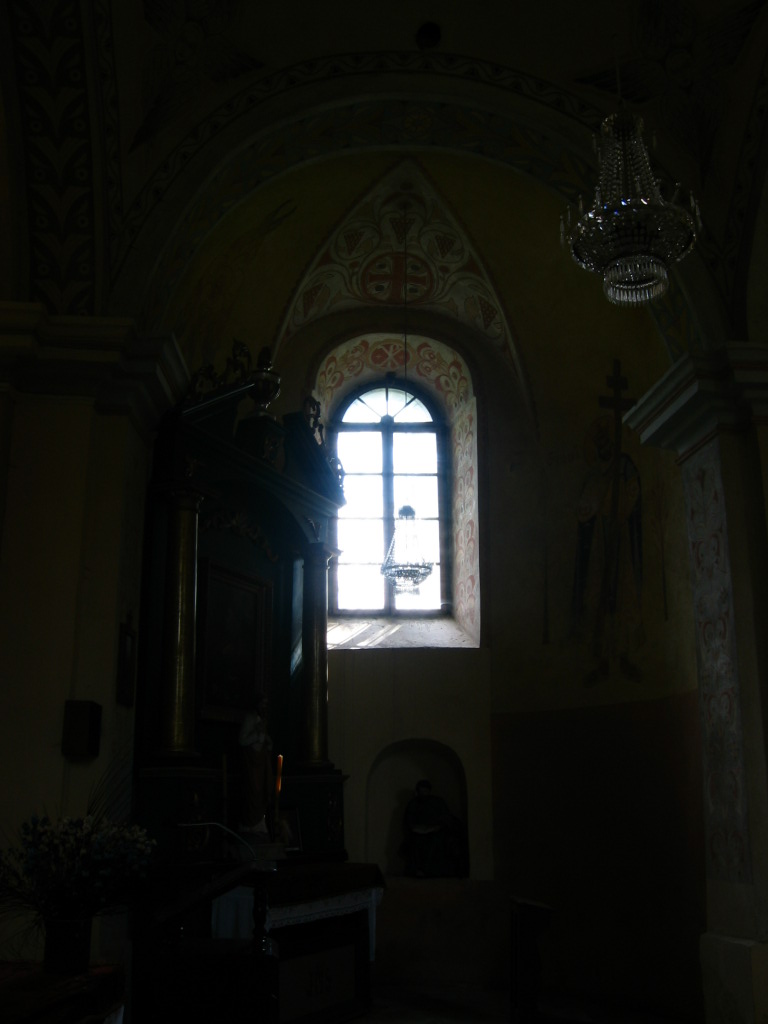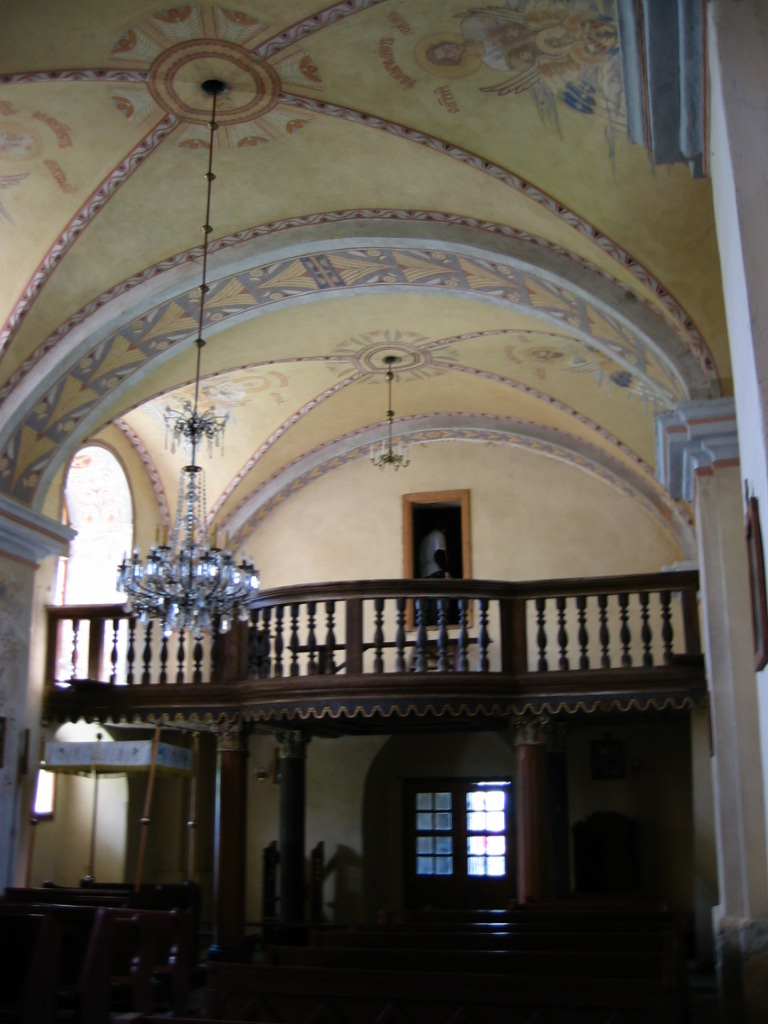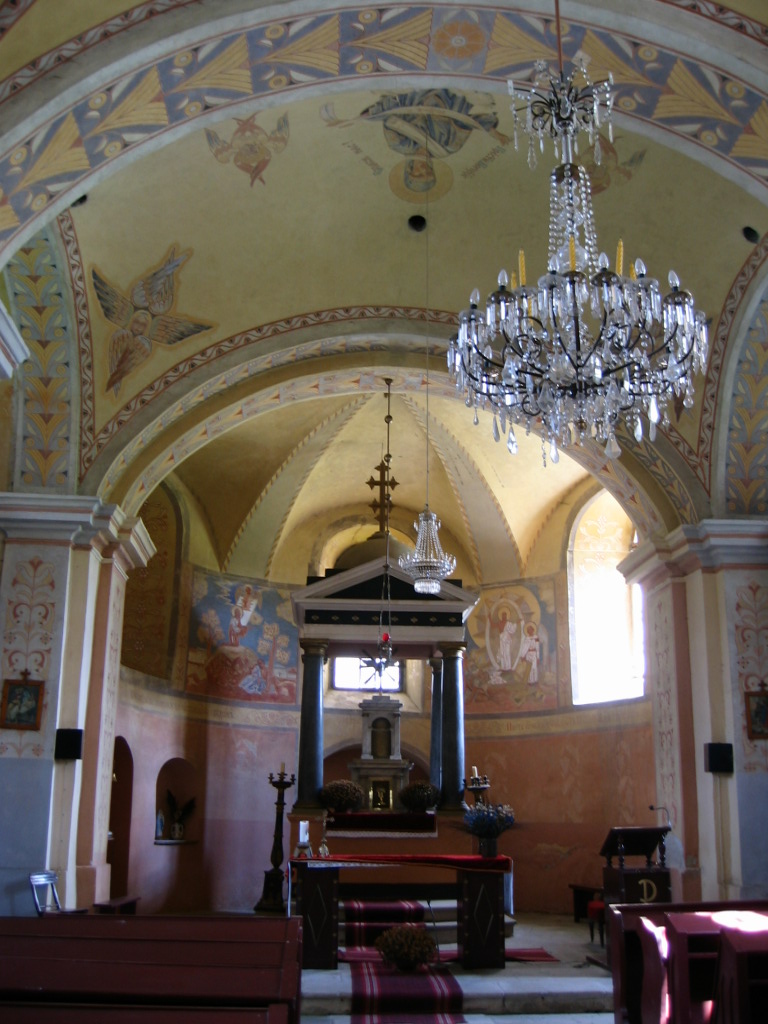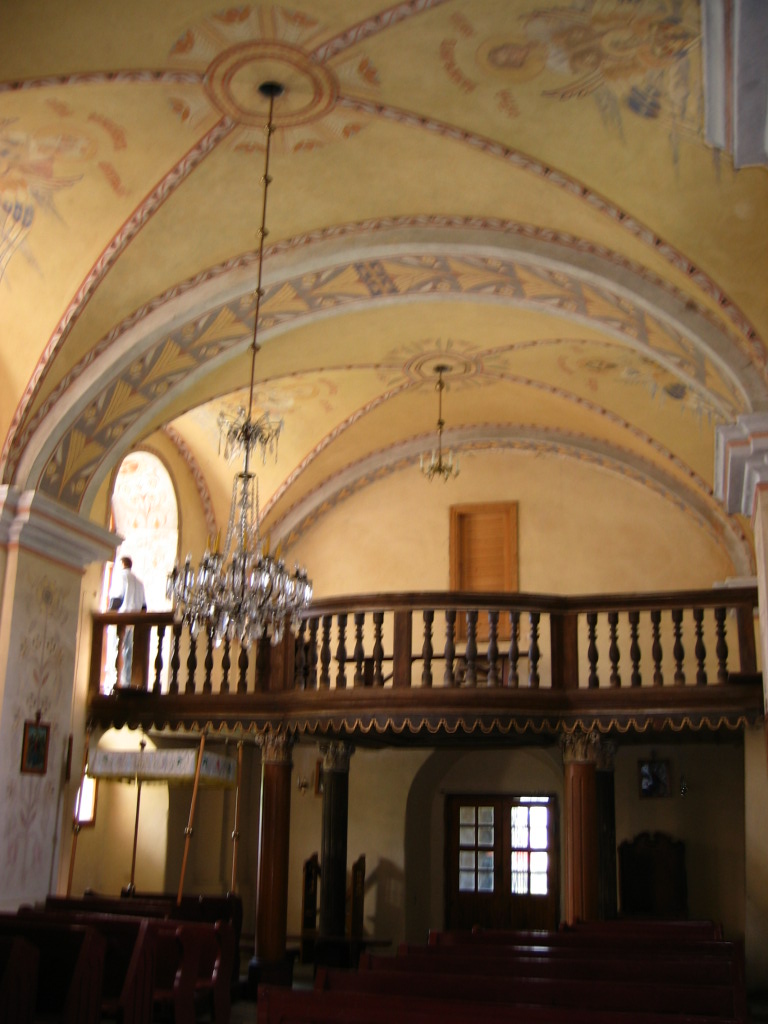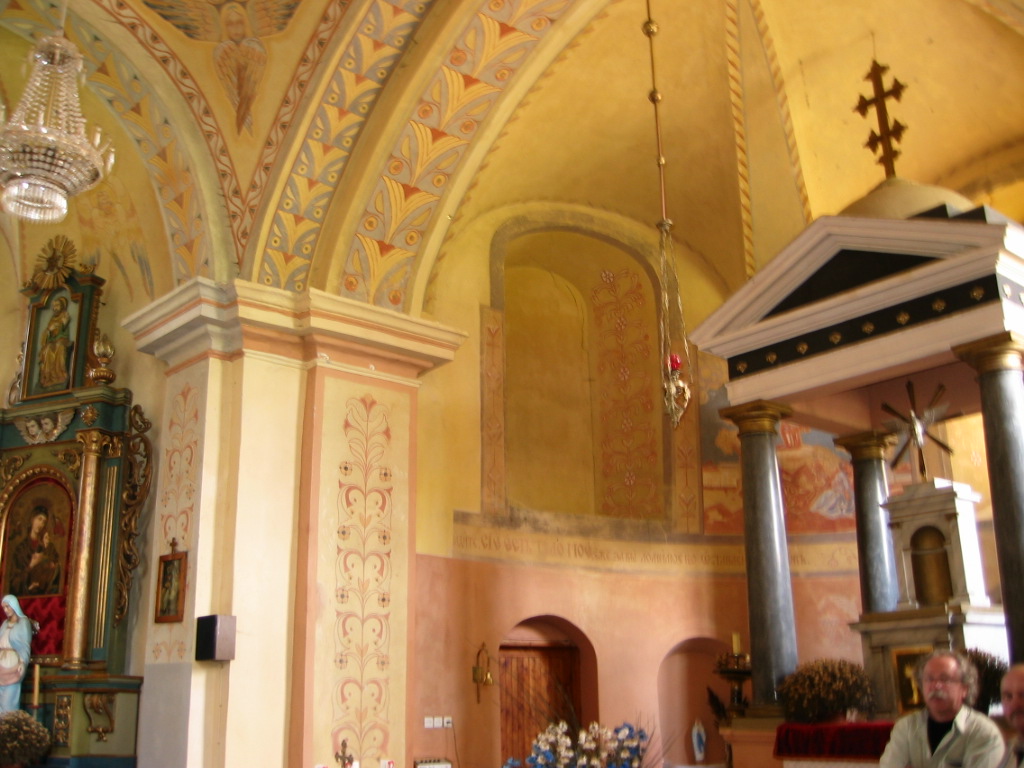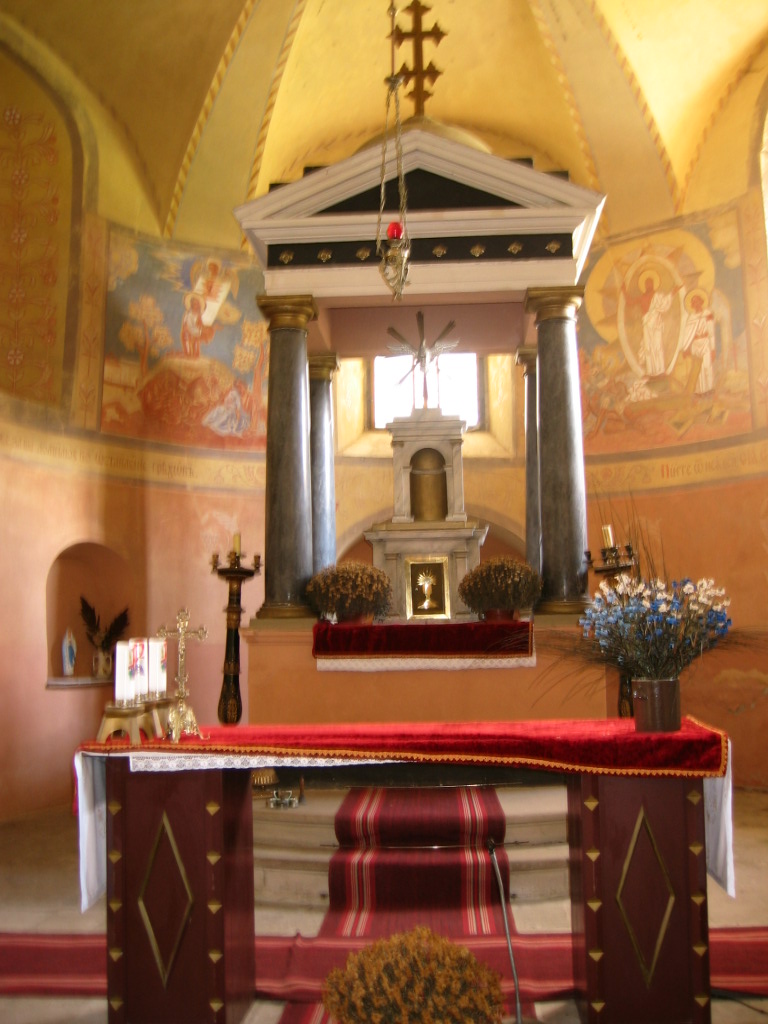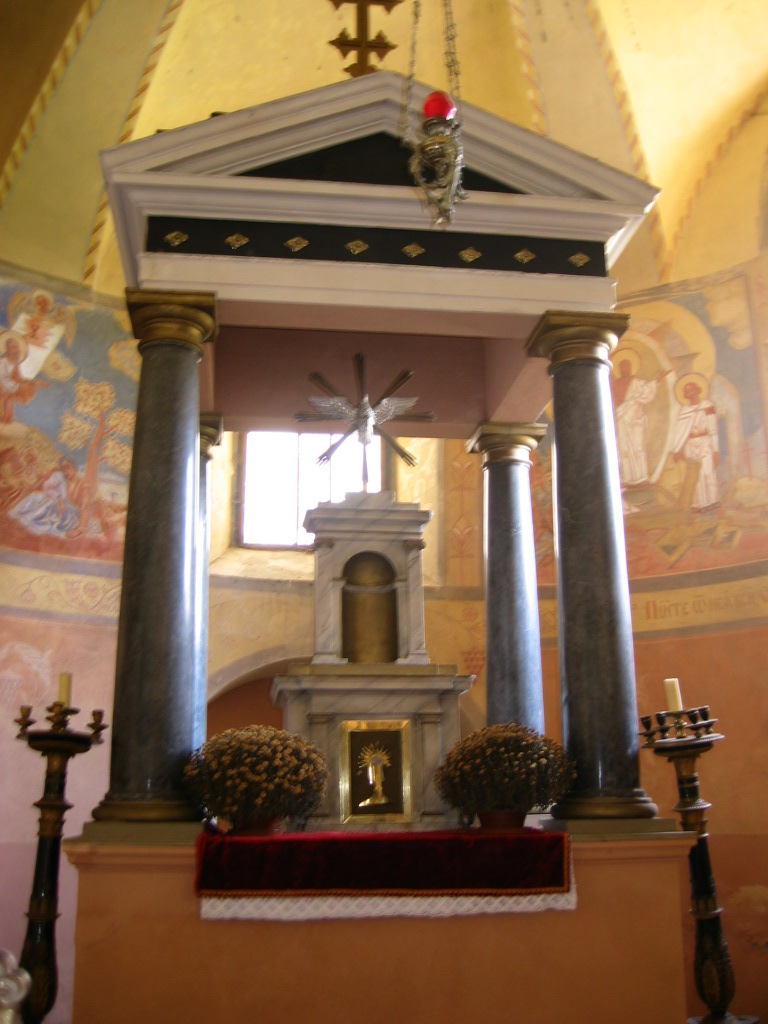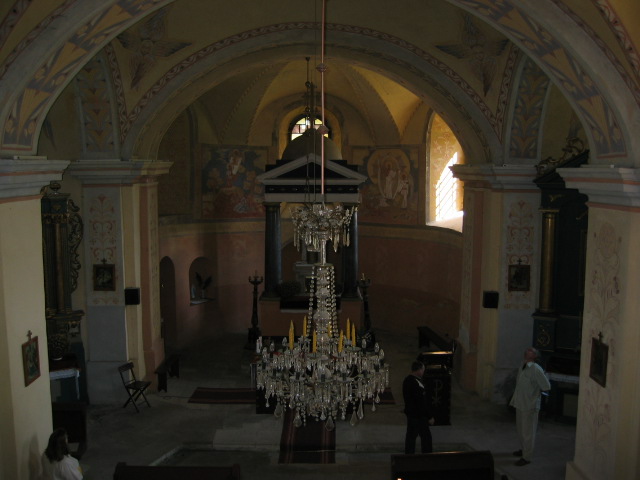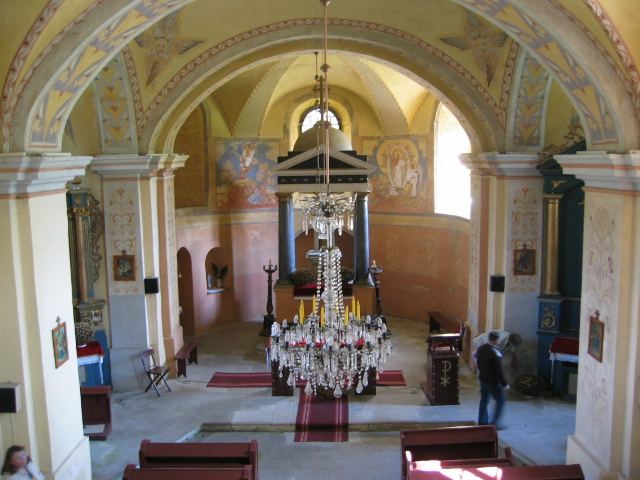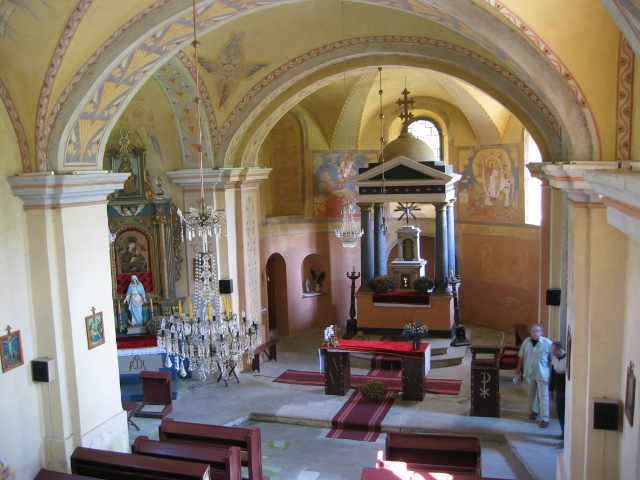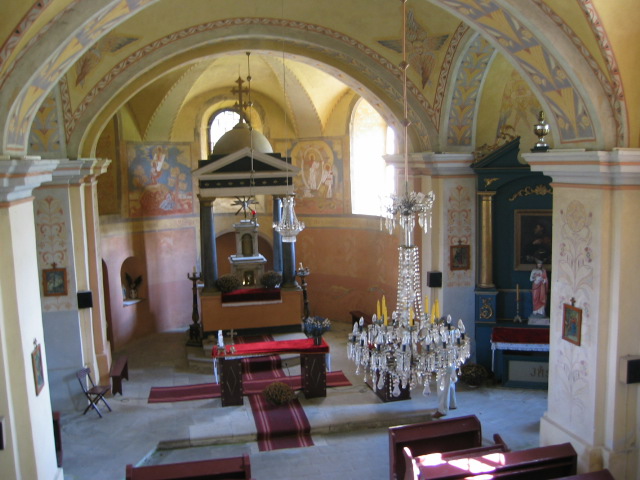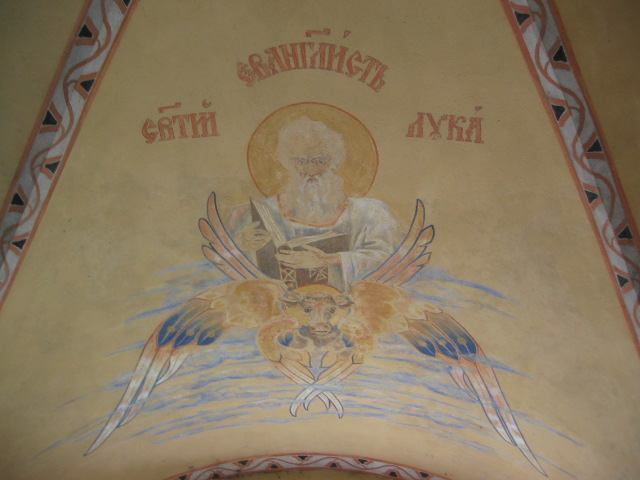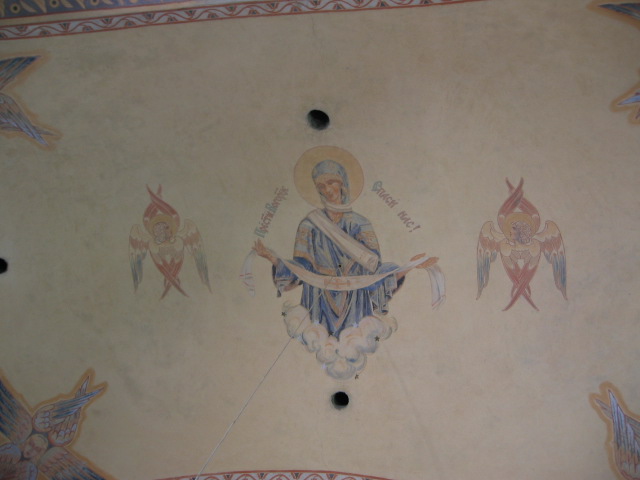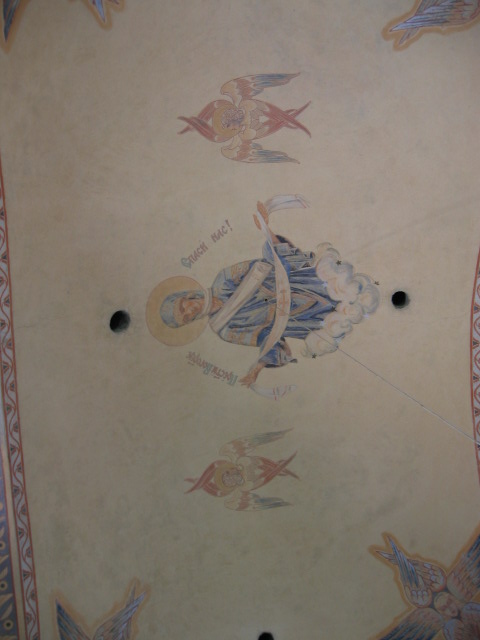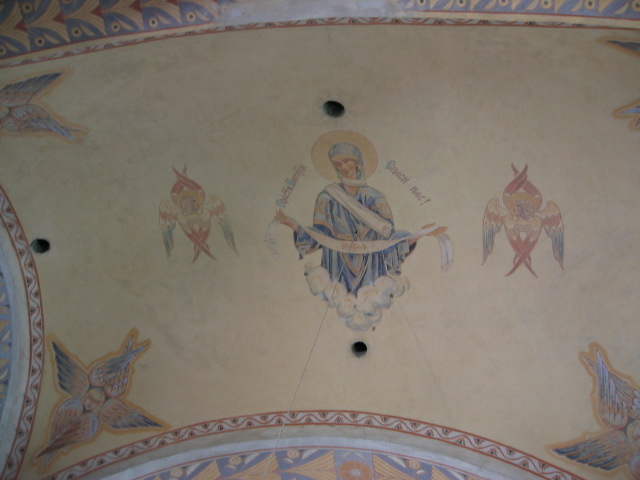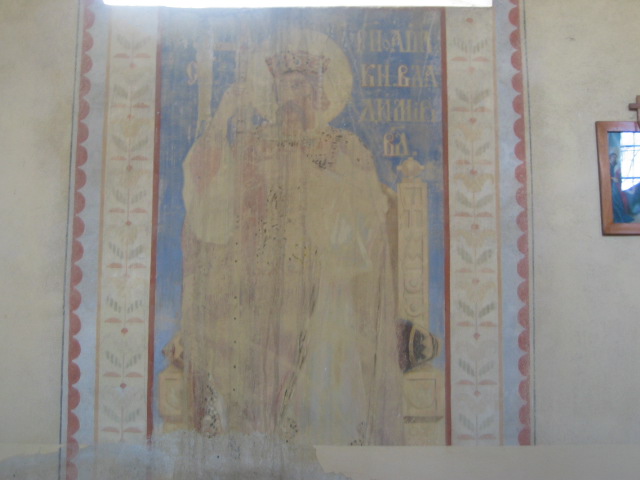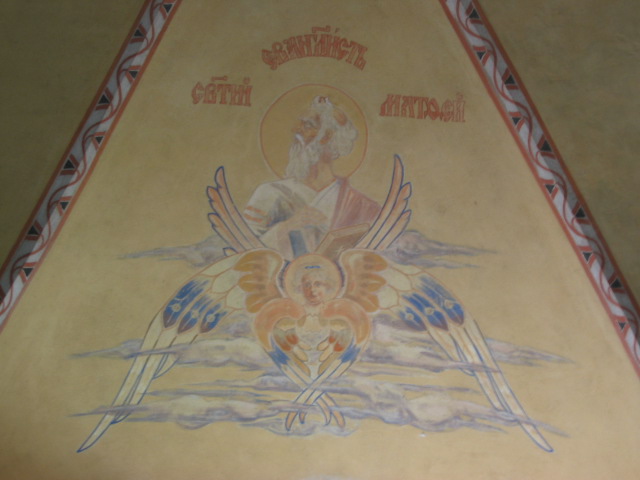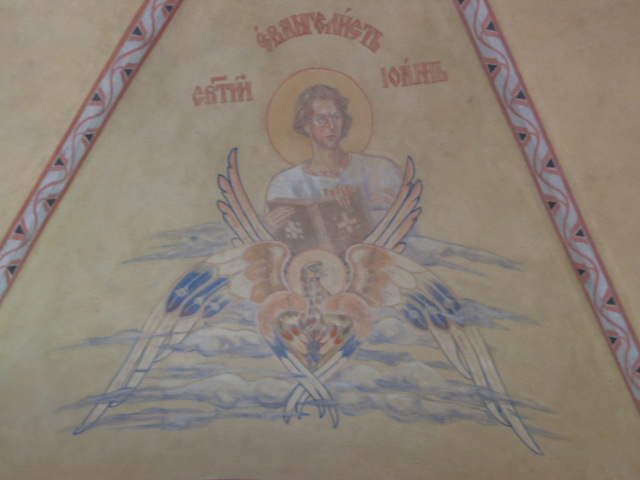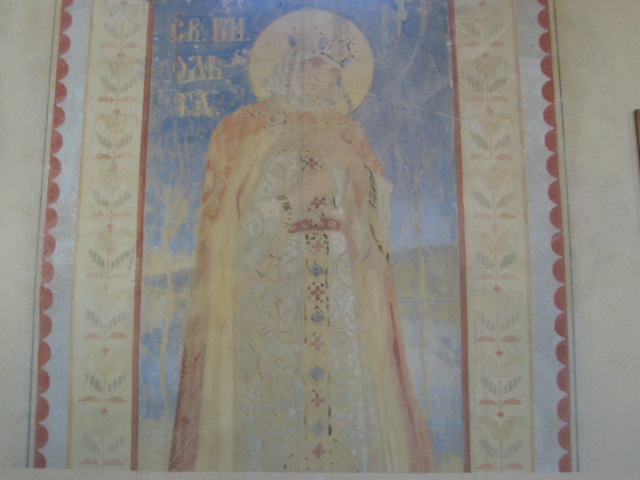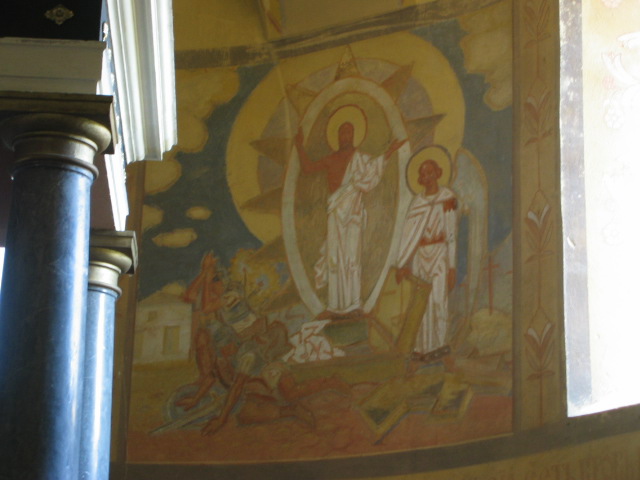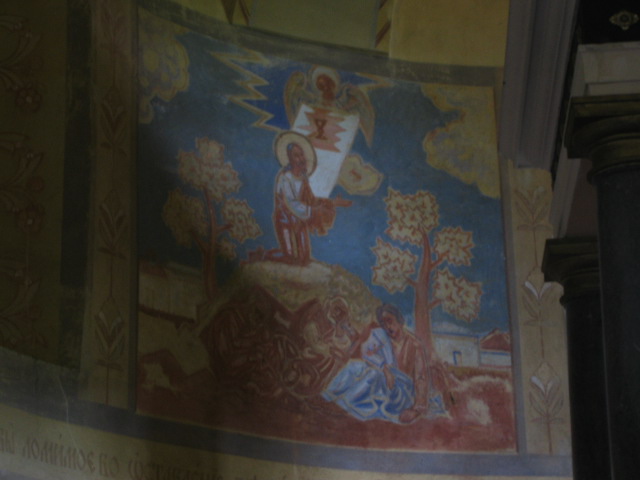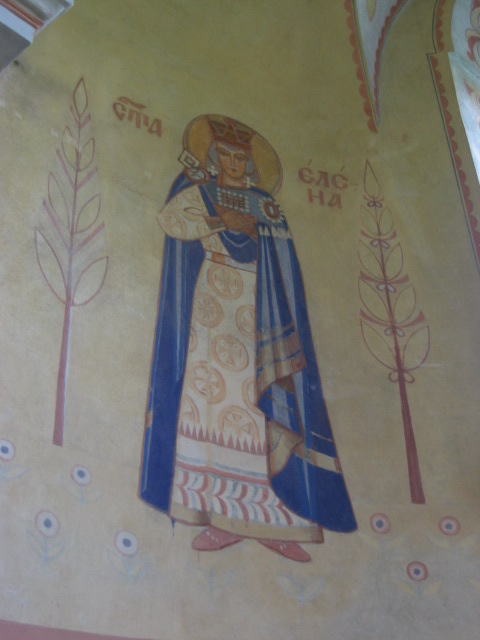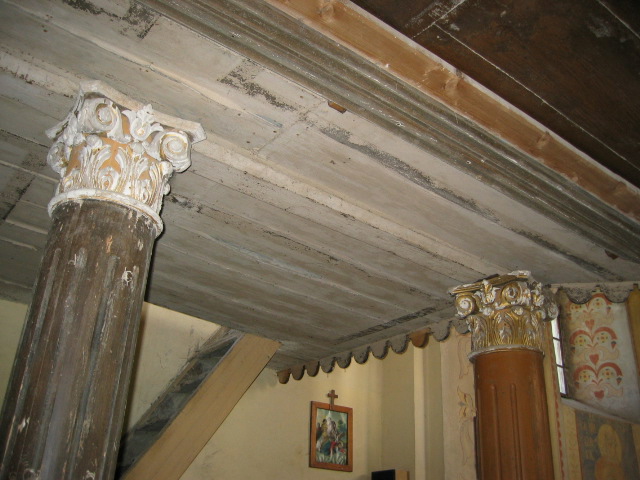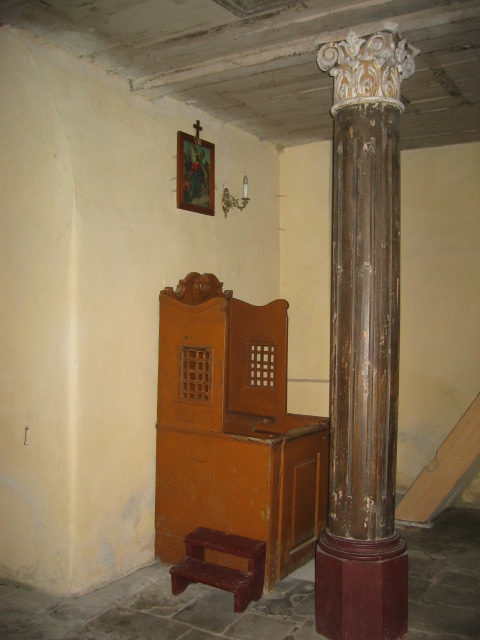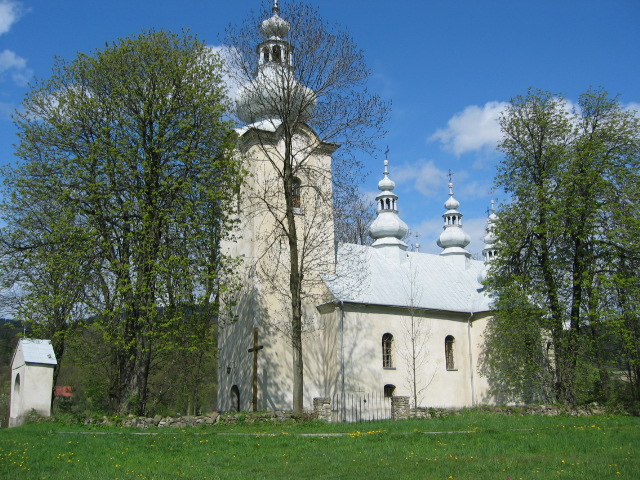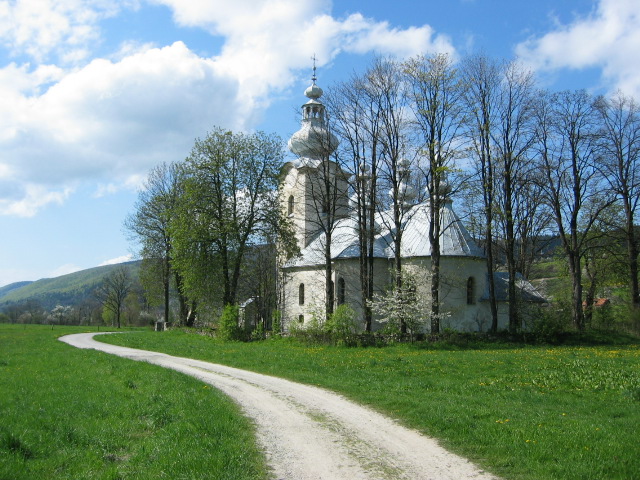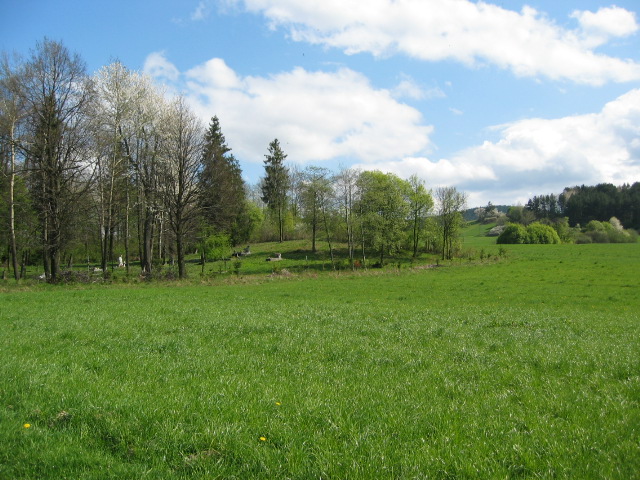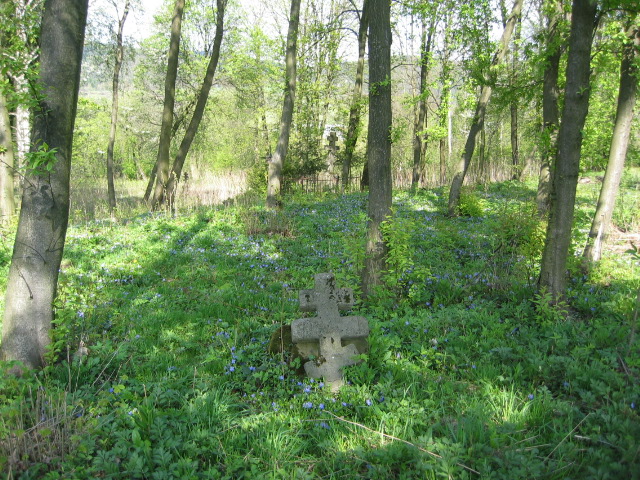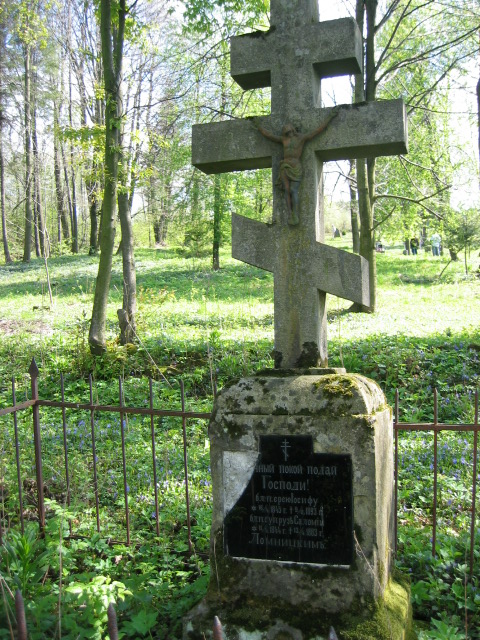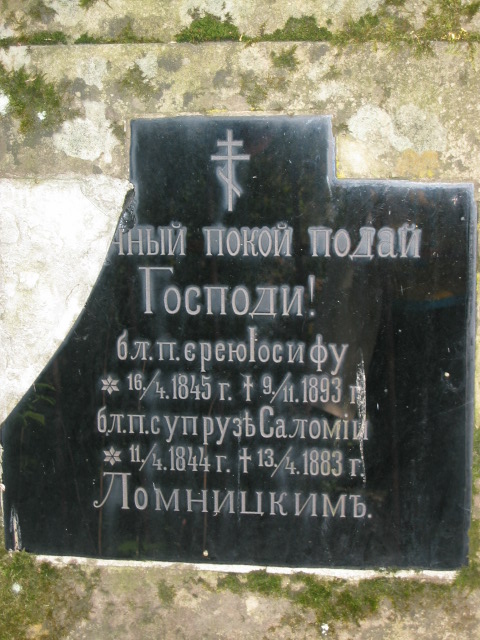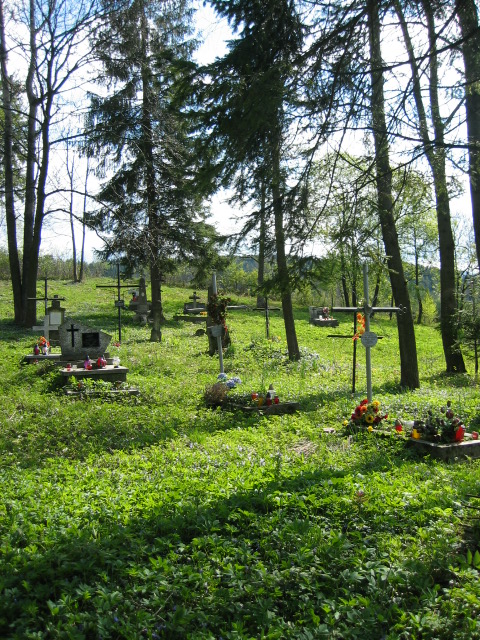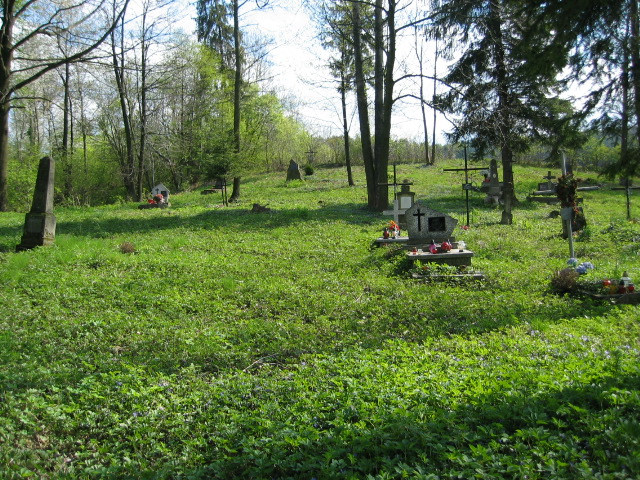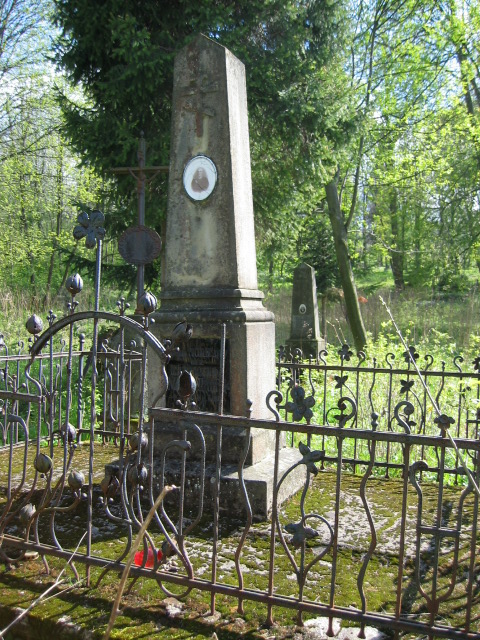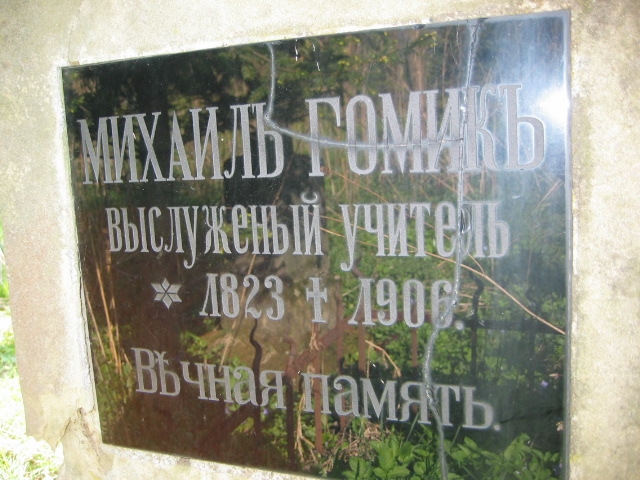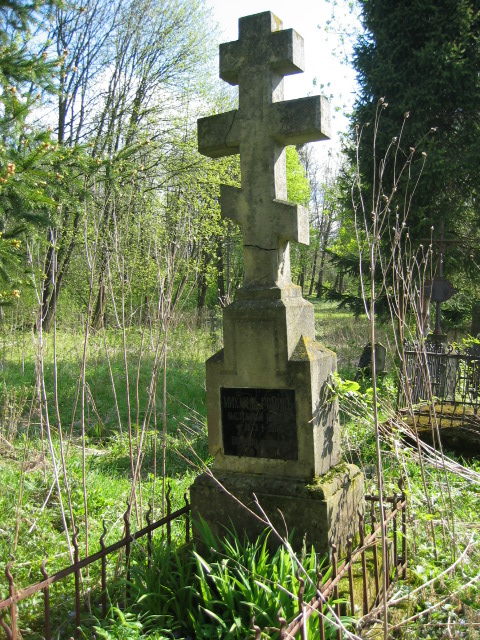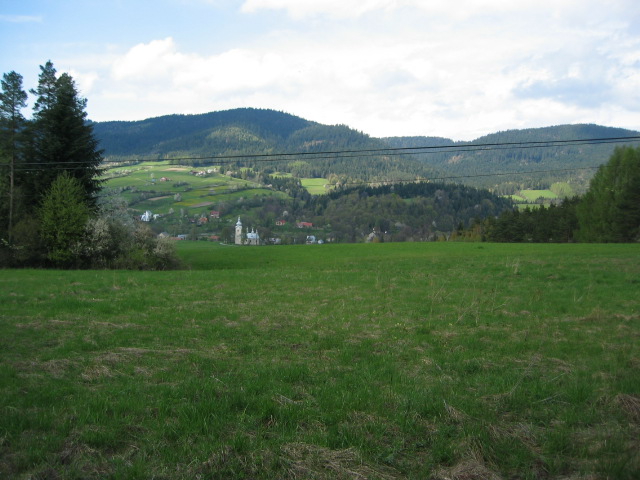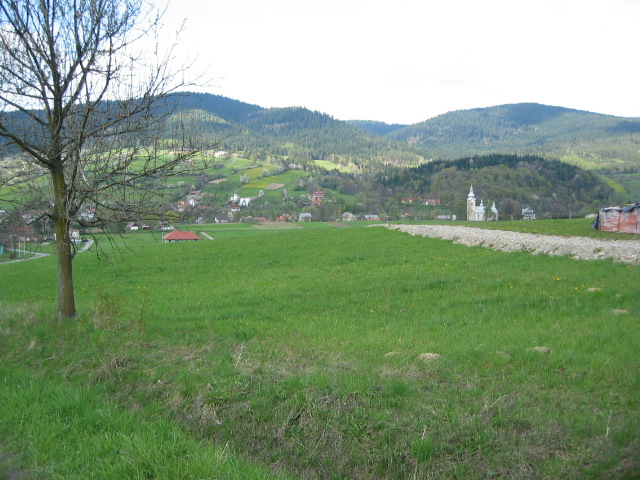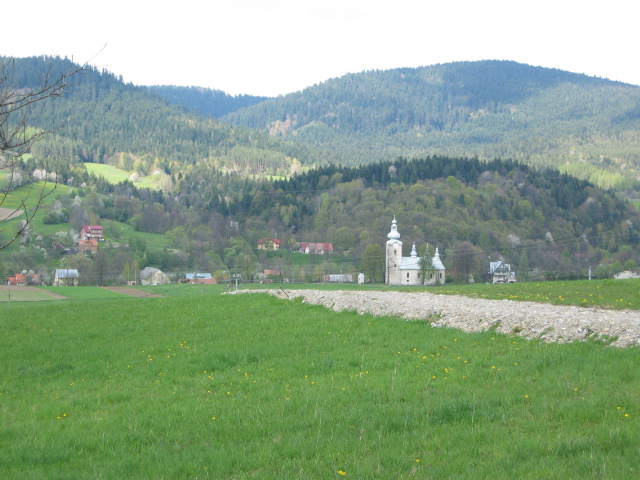Small Homeland of the Lemkos – ŁABOWA – Journey 2008 r.
Labowa, Labova, The Lemko Land, South Poland – Tour April / May 2008!
The next tour – this time to the Labowa, South Poland, the land of the old Lemkos (aka Ruthenians, Rusyns, Ukrainians, Ukraine Highlanders, etc.), including for the first time! the pictures from the closed old Greek Catholic Church in Labowa, as well as the remains of the old Greek Catholic Cemetery nearby the GC church Labowa.
Searching family Murdza’s roots from this Labowa.
Please contact us.
Łabowa, The Land of Lemkos – travel April / May 2008.
The next tour – this time to the Labowa, South Poland, the land of the old Lemkos (aka Ruthenians, Rusyns, Ukrainians, Ukraine Highlanders, etc.), including for the first time! the pictures from the closed old Greek Catholic Church in Labowa, as well as the remains of the old Greek Catholic Cemetery nearby the GC church Labowa.
Searching family Murdza’s roots from this Labowa.
Please contact us.
By:
Tad
Tadeusz Wysocki
the member of the PolTG – Polish Genealogical Society
the member of the PolTG – Polish Genealogical Society
and
Dr. Eng. architect Maria Mioduszewska-Wysocka
Mikołaj Wysocki
The Lemko Land, Poland, in brief
=====================
1. The Land of Lemko
2. The Nation of Lemko
3. The Religion of Lemko
4. The Names and Genesis of Lemko
1. The Land of Lemko.
The Lemko (Ruthenians, Rusyns, Carpathian Highlanders, Ukrainians, etc.) land streches in a narrow band of territory along southern part of Poland, bordering the Ukraine and Slovakia, covering the Beskid Niski, Sadecki Mountains, located between Pieniny and Bieszczady Mountains, and between the local rivers Dunajec in the West, and Oslawa in the East.
East of the Lemkos there lived Boykos with the same religious and cultural roots, and Gorals – Polish Highlanders in the West.
South of their land is Slovakia as also part of their land, North of their land there lived Podgorzanie, Lachy Sadeckie, and Dolinianie.
2. The Nation of Lemko.
After few centuries of living in the area, and due to the political and religion disturbancies after the WWII, almost all Lemkos had been forced to abandon their homes and beloved land, firstly after the WWI, in 1945-6, leaving for the Soviet Union, mainly to Ukraine, trusting in all promises of the Soviets to give them better lands and life, but few of the immediately returned seeing the hard life conditions there, and secondly, in 1947, the whole Lemkos has been forced to left their homes, while it was the subject to communists Vistula Operation “Operacja Wisla”, consiting in the dislodgement of the Ukrainians who lived in Poland, unfortunately including all Lemkos.
After 1956, the year of the death of the soviet communist leader Stalin, about 30% of the Lemkos returned to their land, but not all to their homes, settled by Poles in the meantime.
Now, in 2008 Poland, this Lemko land is of quiet and good cohabitation of all inhabitants living there. The Lemko culture is still alive, trying to not to lose of its identity. There are now in Poland few organizations, and folklore festivals preserving the Lemko roots and heritage as well.
3. The Religion of Lemko.
The Lemkos are part of the Eastern Christianity. They are either Orthodox or Greek Catholic. They are as Greek Catholic creed until a union signed in 1596 in Brest – hence another name for the Greek Catholics was establishes as Unitates.
Greek Catholicism in not therefore a separate religion, but remains among the rites of the Catholic Church, with the supremacy of the Pope, and Roman Catholic dogmats, although Orthodox church had a supremacy of an Orthodox patriachate of Moscou. This brought about long-lasting conflicts between the Unitates and opponents of the Union of Brest, a lot of suffering and persecutions, even until the all 20th century. The conflict divided all nation, and many villages, even the members of the one Lemko family. The “Schizma Tylicka” (the schizm of the town Tylicz) in 1926 divided all nation dramatically, when many of the Greek Catholic Lemkos changed their creed to the Orthodox one.
Here is the illustration of this religious problem with a joke quoted in the Lemko reading book from 1934:
– What religion are you, my Lemko friend?
– I do not get involved in politics!
4. The Names and Genesis of Lemko.
The term Lemko, Rythenian, Rusyn, Ukrainian and Carpathian Highlanders, Lemki, Lemky, Gorale Ruscy, Rusini, Rusniki, Rusnaki, Rysnaki, Rysnaky, Rusnak, Gorniak, etc. are often wrongly interchangeable, as each of them could define something different. Each should be defined when used, with the historical and geographical context.
The history of the Lemkos, from ethnogenesis to the current times, has been the subject of many polemics.
Polish schoolars are generally of the opinion that the Lemkos were created as an imposition of the Valashian-Ruthenian waves on the previous Polish settlements, as the migration of the Balkan shepherds, called Valachians. Their ethnos was dominated by the Ruthenian factor. They started to forming the villages in old Poland in the 15-16th centuries under the settlement of the Polish King and law so-called Valachian privileges.
Ukrainian publications frequently present the opinion that the Lemkos had been living in this part of Europe longer that the Poles, at least from the early Middle Ages, and are the remnant of the Kiev Ruthenia.
Some Lemkos, in turn, derive their genesis from the mythical European nation “Bialochrobaci”, or refer to the tradition of the Grand Moravia.
Would be interesting to conclude by me that all these roots and opinions are right, depending on the historical time context.
=
The word and name “Lemko” derive from their original language and word “Lem” (meaning in English “only”), and was very characteristic of the Lemkos and their every day language. In an old tale an impatient Pole promised a sack of flour to a Lemko providing he stopped repeating all the time his “lem, lem, lem…” – “OK”, replied the Lemko. “LEM give me it”.
==
By Tad
Tadeusz Wysocki with the family – wife of Dr. Maria Mioduszewska – Wysocka, and son, student of Arch. Mikołaj Wysocki
Warsaw
non-for-profit:
05/2008

